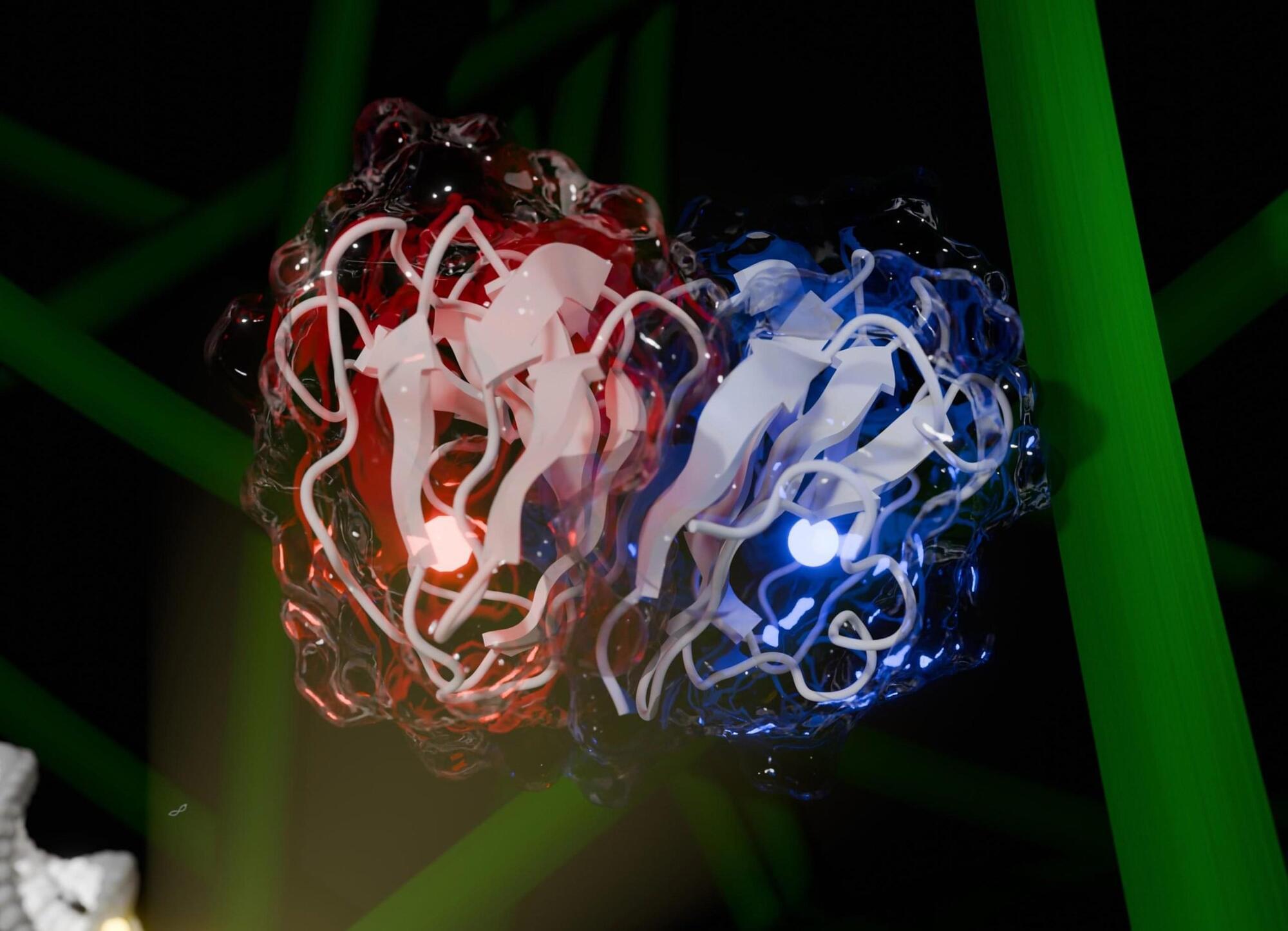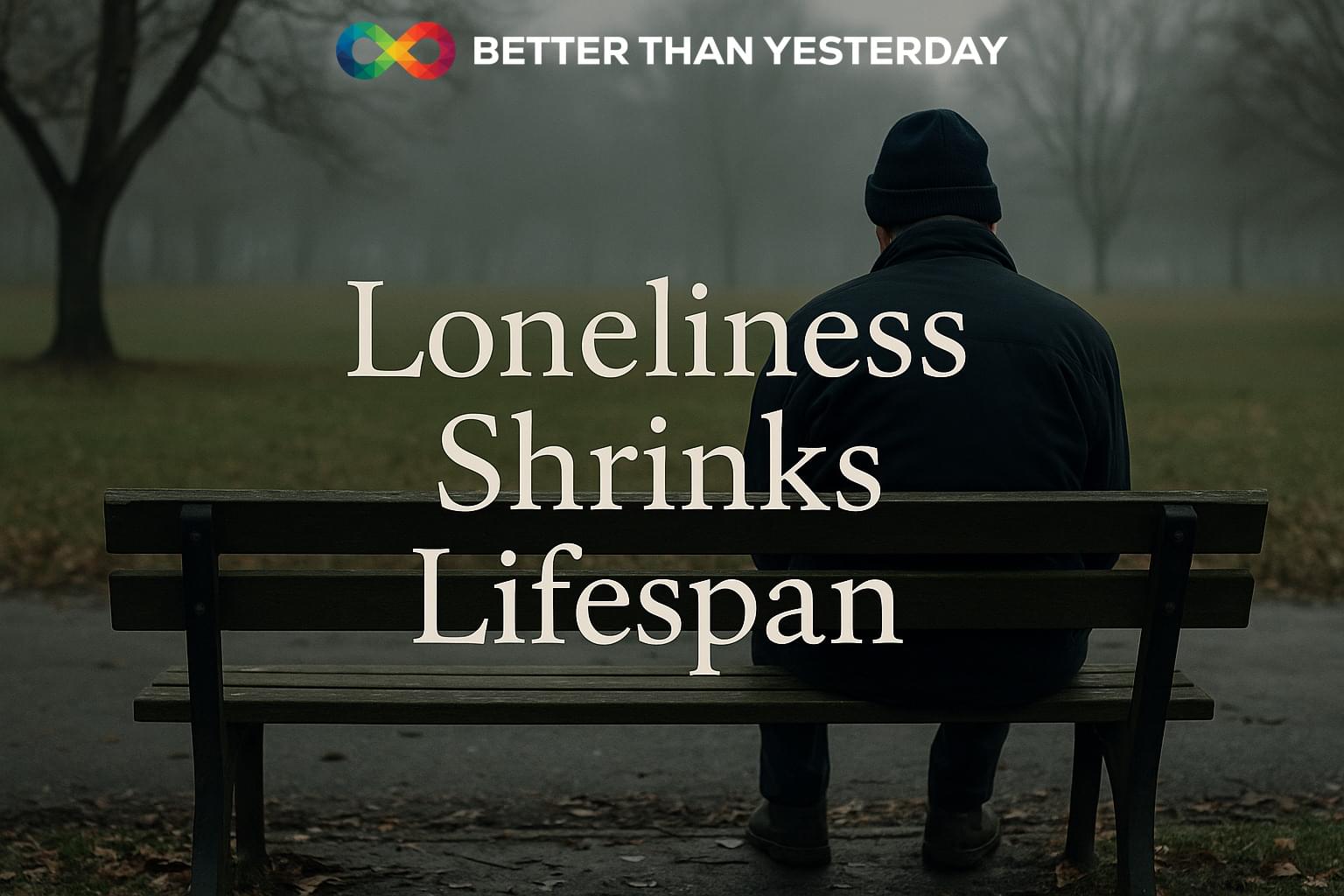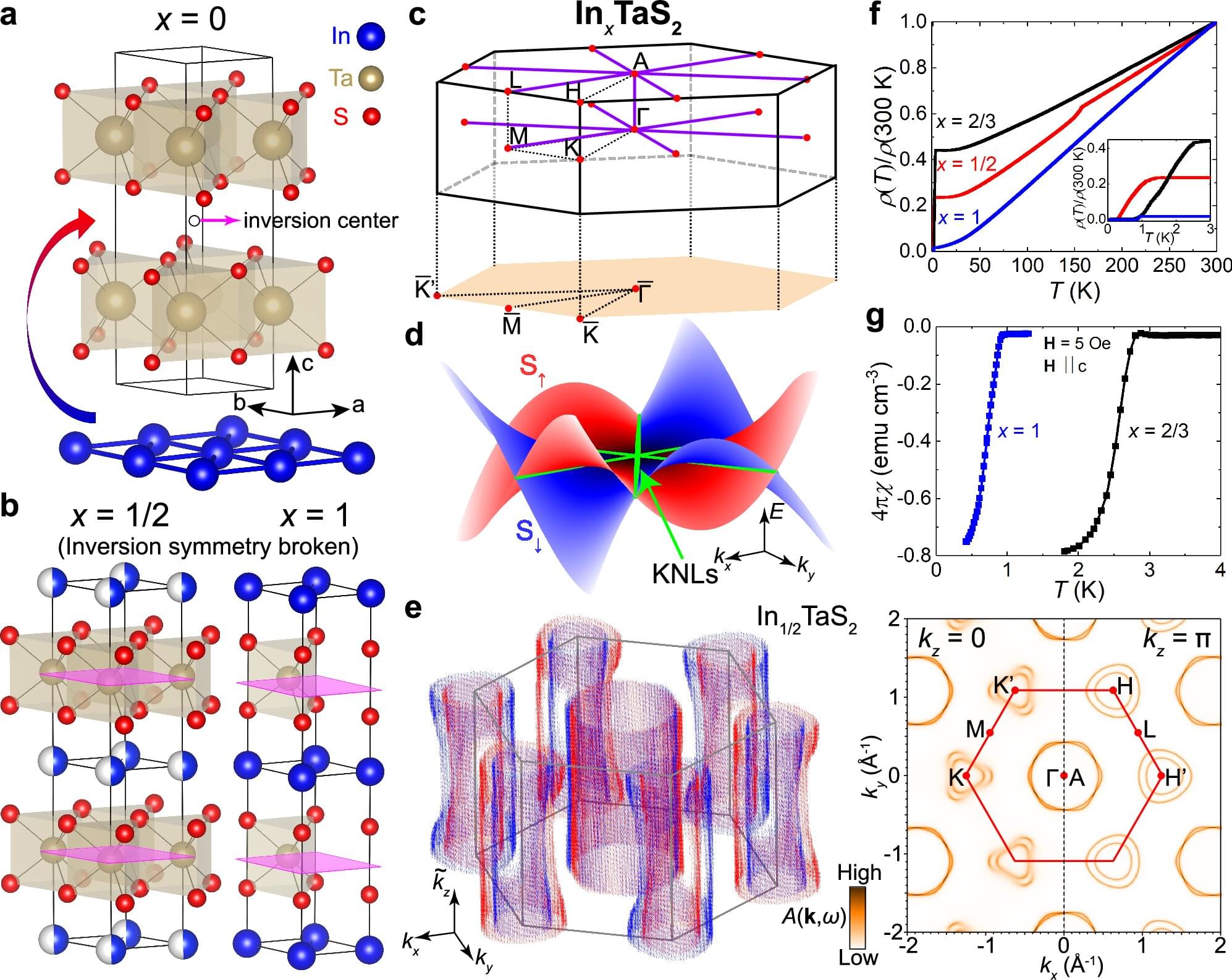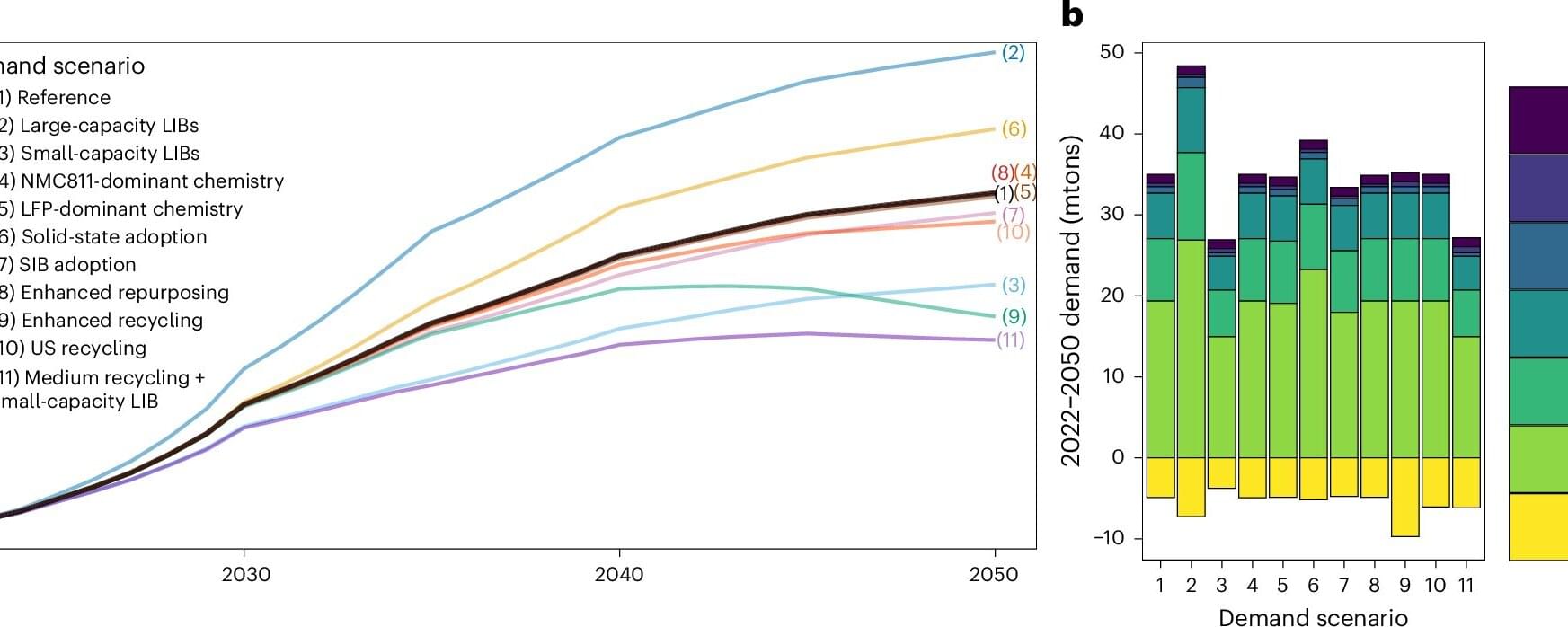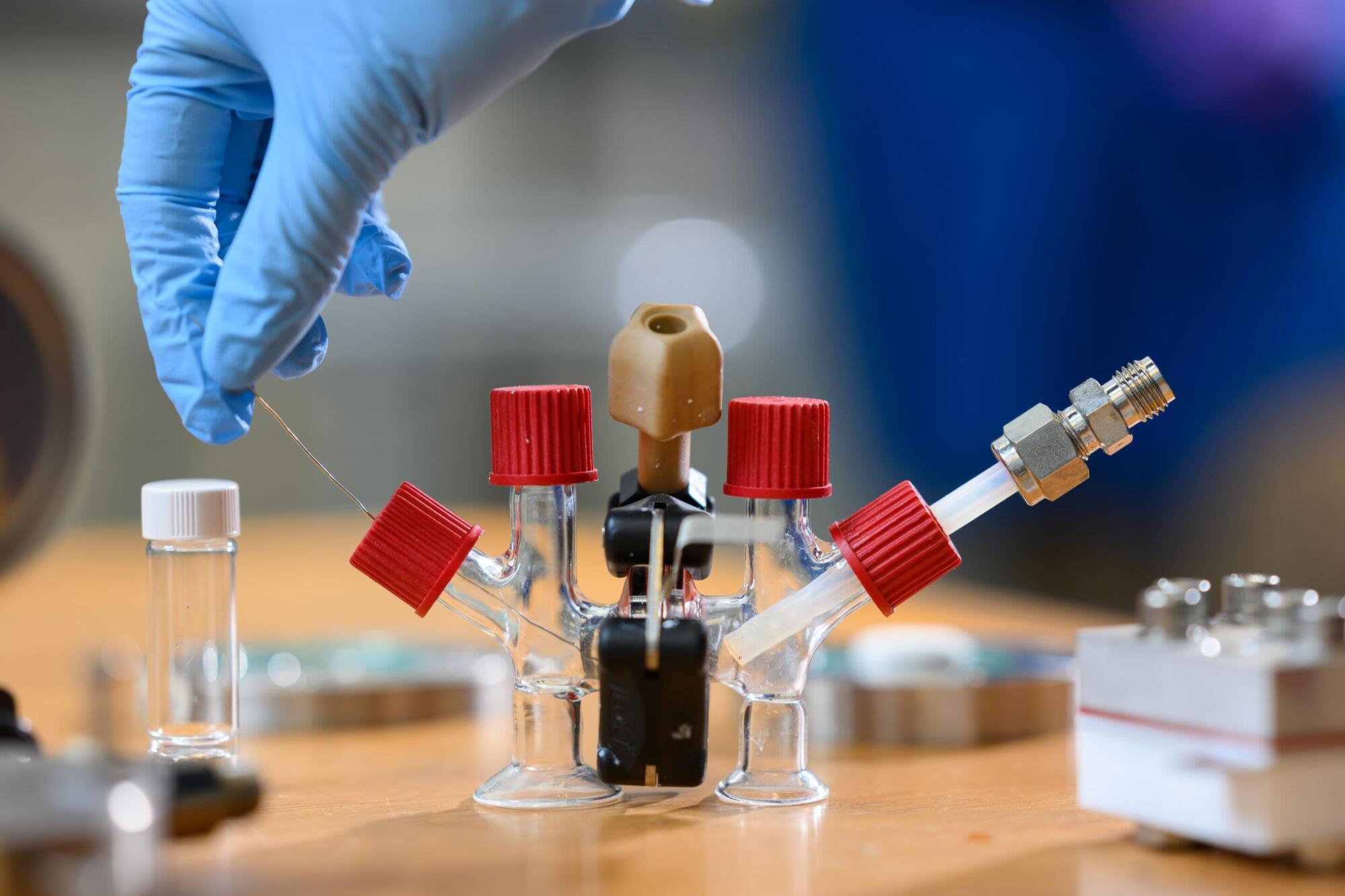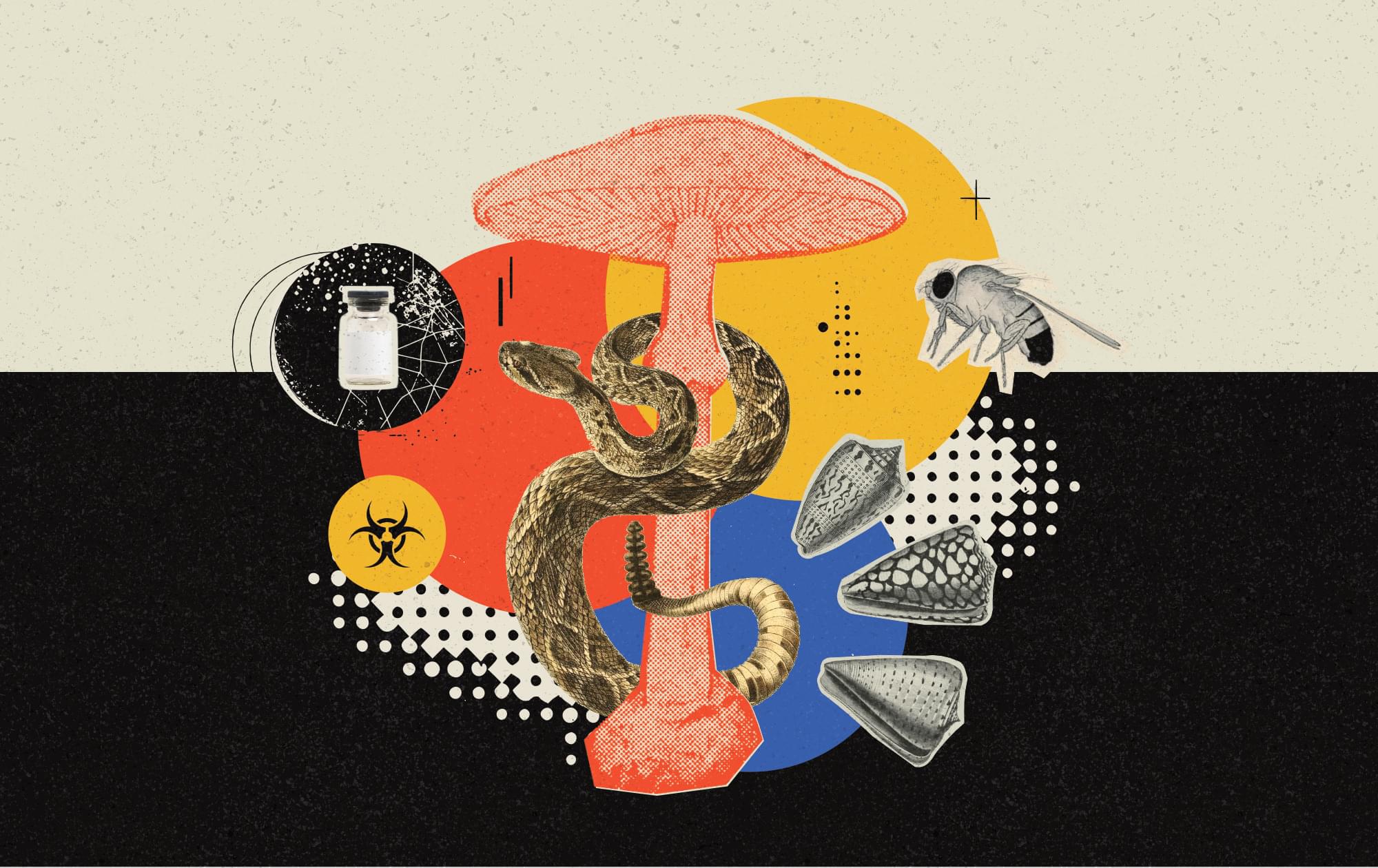Batteries are nearing their limits in terms of how much power they can store for a given weight. That’s a serious obstacle for energy innovation and the search for new ways to power airplanes, trains, and ships. Now, researchers at MIT and elsewhere have come up with a solution that could help electrify these transportation systems.
Instead of a battery, the new concept is a kind of fuel cell which is similar to a battery but can be quickly refueled rather than recharged. In this case, the fuel is liquid sodium metal, an inexpensive and widely available commodity.
The other side of the cell is just ordinary air, which serves as a source of oxygen atoms. In between, a layer of solid ceramic material serves as the electrolyte, allowing sodium ions to pass freely through, and a porous air-facing electrode helps the sodium to chemically react with oxygen and produce electricity.
